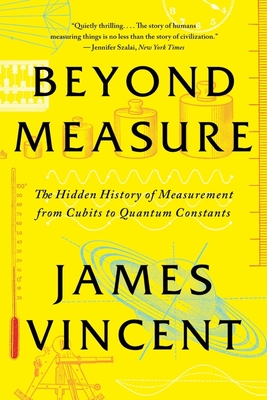
A Higher Form of Killing: The Secret History of Chemical and Biological Warfare
Description
A Higher Form of Killing opens with the first devastating battlefield use of lethal gas in World War I, and then investigates the stockpiling of biological weapons during World War II and in the decades afterward as well as the inhuman experiments con-ducted to test their effectiveness. This updated edition includes a new Introduction and a new final chapter exposing frightening developments in recent years, including the black market that emerged in chemical and biological weapons following the breakup of the Soviet Union, the acquisition of these weapons by various Third World states, the attempts of countries such as Iraq to build up arsenals, and--particularly and most recently--the use of these weapons in terrorist attacks.
About the Author
Robert Harris is the author of the bestselling novels Fatherland, Enigma, and Archangel, as well as a number of nonfiction books. He lives in Berkshire, England, with his wife and children.
Jeremy Paxman reporter for Britain in mid-1970s Northern Ireland before joining Panorama. Assignments have taken him from Beirut to Uganda to Zimbabwe. A Higher Form of Killing is his first book.
Praise for A Higher Form of Killing: The Secret History of Chemical and Biological Warfare
"The best account of gas and germ warfare available."
--The Washington Post
"An absorbing and unsettling history, an exhaustive exploration of a little-known but potentially apocalyptic aspect of warfare, the whole thing carrying the punch of Armageddon. It reminds us that the world could end not with a nuclear bang but in whimpers of fevered agony."
--Chicago Sun-Times
"Compelling . . . The authors make clear why governments have shrouded such weapon programs in even more secrecy than their nuclear work."
--Financial Times




























